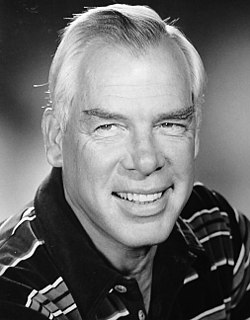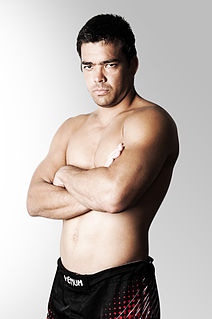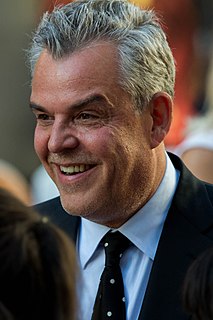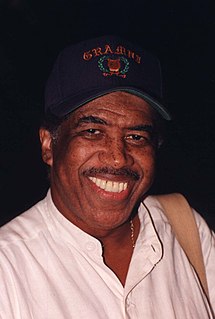A Quote by Lee Marvin
My father was tough. At least, he thought so, and I guess I have a lot of his traits.
Related Quotes
My father was a very tough guy with me and my brothers. He wanted to teach us a lot of discipline and life philosophy. As I became more interested in martial arts, he started teaching a lot of fighting philosophy and karate philosophy. While he was a tough father, he also knew when to be sweet and show a softer side.
He looked at her. She was pretty still, with thick hair and soft eyes, and she moved so gracefully that it almost seemed as though she were gliding. He'd seen beautiful women before, though, women who caught his eye, but to his mind, they usually lacked the traits he found most desirable. Traits like intelligence, confidence, strength of spirit, passion, traits that inspired others to greatness, traits he aspired to himself.
Fathers who compete hard with their kids are monstrous. The father, for a throw-away victory, is sacrificing the very heart of hischild's sense of being good enough. He may believe he is making his son tough, as he was made tough by a similarly contending father, but he is only making his child desperate and mean like himself. Fathers must let their sons (and daughters) have their victories.
My father's death has given me a lot. It has given me a lifelong love of women, of their grittiness and hardness - traits that we are not supposed to value as feminine. It has also given me a love of men, of their vulnerability and tenderness - traits that we do not foster as masculine or allow ourselves to associate with masculinity.
I guess I've played a lot of failures, which is a Huston quality, I guess. I love losers, though, and have never met anyone who hasn't been one sometime. I'm always looking to understand them, and my father had an extremely keen eye to be able to dissect and bring that forward in the way he told his stories.
This leads us to note down in our psychological chart of the mass-man of today two fundamental traits: the free expansion of his vital desires, and, therefore, of his personality; and his radical ingratitude towards all that has made possible the ease of his existence. These traits together make up the well-known psychology of the spoilt child.
When the father dies, he writes, the son becomes his own father and his own son. He looks at is son and sees himself in the face of the boy. He imagines what the boy sees when he looks at him and finds himself becoming his own father. Inexplicably, he is moved by this. It is not just the sight of the boy that moves him, not even the thought of standing inside his father, but what he sees in the boy of his own vanished past. It is a nostalgia for his own life that he feels, perhaps, a memory of his own boyhood as a son to his father.
My father had a real short fuse. He had a tough life - had to support his mother and brother at a very young age when his dad's farm collapsed. You could see his suffering, his terrible suffering, living a life that was disappointing and looking for another one. My father was full of terrifying anger.
At 15 [my father] revolted against his father like any teenager, and said, "I'm out of here! What are you doing to me?" He thought he wouldn't be involved in that kind of stuff for the rest of his life. He just wanted to make money. He was one of those people who took over the family responsibility. His own father was pretty irresponsible with money and borrowed from people all the time.




































